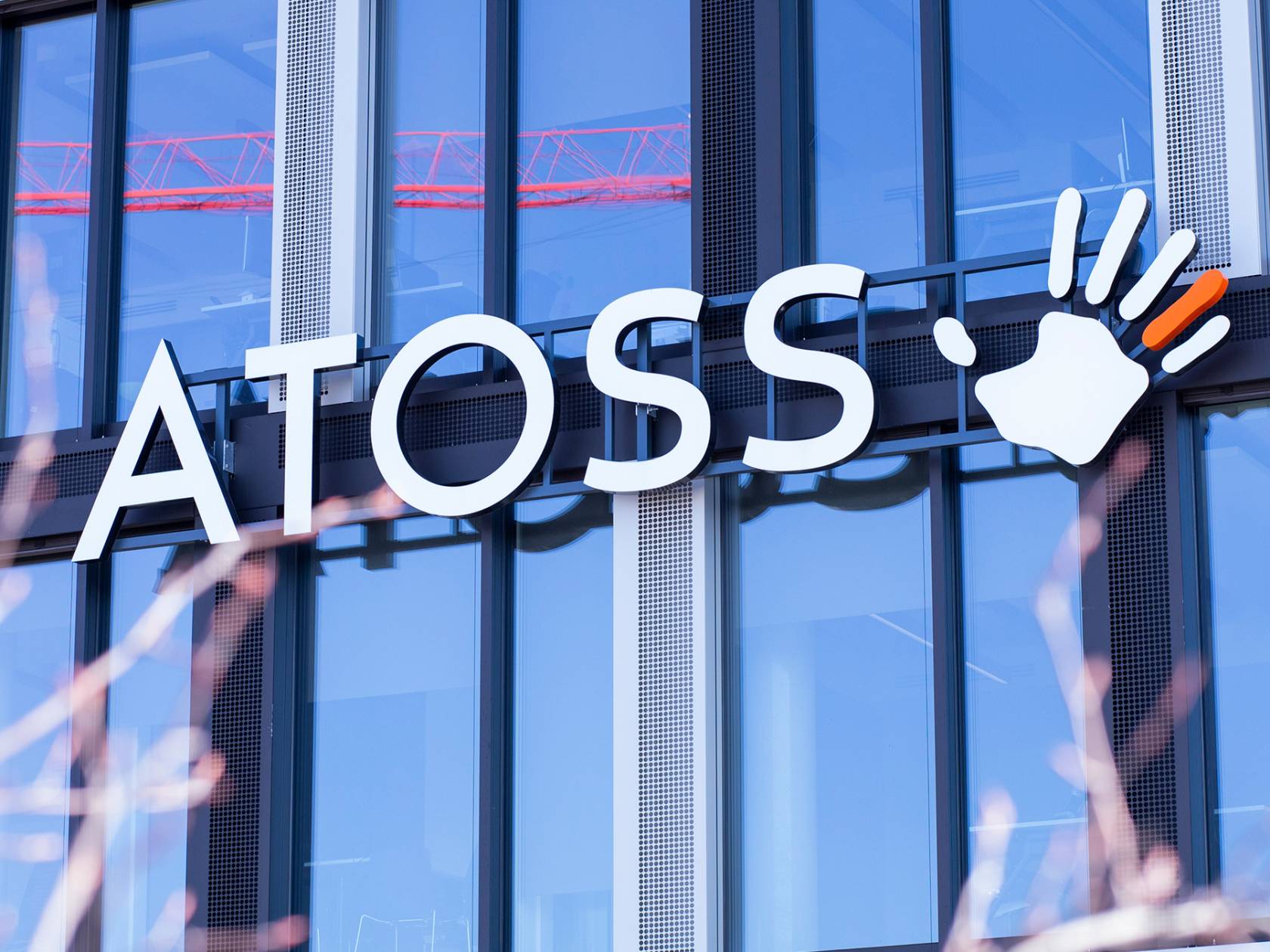
Munich, 25. April 2019
Quarterly Statement Q1 2019
An excellent start to financial year 2019
Double-digit sales growth and sustained high profitability in the first quarter
Following a record year in 2018, ATOSS Software AG is poised for further growth in 2019. The workforce management specialist saw sales increase in the first quarter by a clear 17 percent over the year before, climbing to EUR 16.9 million. Operating profits rose by an outstanding 20 percent to EUR 4.6 million with a margin on sales of 27 percent (previous year: 27 percent). In view of this excellent start to the new financial year, the Management Board expects continuing growth in 2019 for the fourteenth year in succession.
The continuously high rates of growth in sales and earnings underscore the sustained pace of growths at ATOSS Software AG. In addition, ATOSS has again succeeded in the first quarter of the current financial year in acquiring a large number of prominent customers who appreciate the value added by innovative software solutions, and continues to expand its leading position in the market for workforce management.
Software sales in the period from January to March 2019 were 17 percent higher at EUR 10.8 million (previous year: EUR 9.2 million), equating to 64 percent of the Group’s overall turnover (previous year: 64 percent). Software licenses accounted for sales of EUR 3.4 million (previous year: EUR 3.1 million). The development in the cloud business has been particularly dynamic with sales at EUR 1.6 million coming in at double last year’s figure. The consistent positive trend in software maintenance over many years has also been sustained, with sales climbing 11 percent to EUR 5.9 million (previous year: EUR 5.3 million). The volume of recurring revenues (maintenance and cloud) as a proportion of software sales consequently increased from 67 to 69 percent. Turnover in consulting, too, at EUR 4.9 million (previous year: EUR 4.2 million) was up by 18 percent, well above the figure for the same period last year and continuing a trend that has been evident for some years.
This gratifying development in business also brought an increase in operating cash flow which climbed 26 percent to EUR 7.2 million (previous year: EUR 5.7 million). Consequently as of March 31, 2019 ATOSS recorded consolidated liquidity of EUR 40.3 million. Even after the dividend payment of around EUR 15.9 million or EUR 4.00 per share to be proposed to shareholders at the AGM on April 30, 2019, ATOSS will still enjoy an excellent cash position and strong equity which together will safeguard the company’s outstanding future prospects.
As of March 31, 2019, orders received for software licenses and the software component of contracted cloud solutions increased from EUR 3.6 million in the previous year to EUR 4.0 million. Orders on hand for software licenses, too, remain at a sustained high level, coming in at EUR 5.0 million at the end of the quarter (previous year: EUR 5.4 million). In order to demonstrate the development in cloud business more clearly and illustrate the progress being made in expanding annually recurring cloud revenues, a new key figure was introduced at the start of the financial year 2019: Annual Recurring Revenue (in brief: ARR). This comprises the turnover generated by the company over the next 12 months on the basis of current monthly cloud usage fees applicable as of the qualifying date. As of March 31, 2019 the ARR amounted to EUR 5.1 million, representing an increase of 70 percent relative to the year before (previous year: EUR 3.0 million). ATOSS is accordingly in an excellent position to continue its successful performance in future. Given the current upheaval in the world of work resulting from digitization, new work concepts and an increasingly individualized society, an end to the sustained high demand for workforce management solutions is nowhere in sight.
For this reason the Management Board, supported by the gratifying start to the year, stands by its guidance for financial year 2019 and continues to anticipate sales growth of 11 to 13 percent. Despite further planned investments in particular in the area of sales with the intention of developing new markets and sectors, the Board also expects to see an EBIT margin of 25 to 28 percent.
Download quarterly report here:
Upcoming dates:
Would you like to find out more about Investor Relations at ATOSS? I would be pleased to help you!
